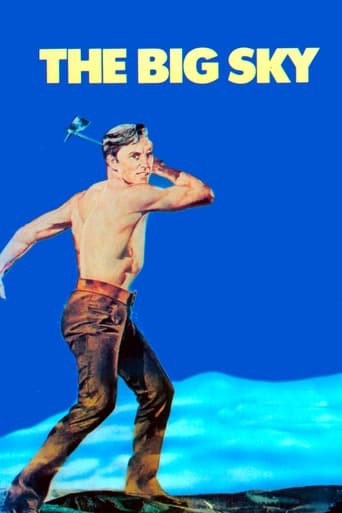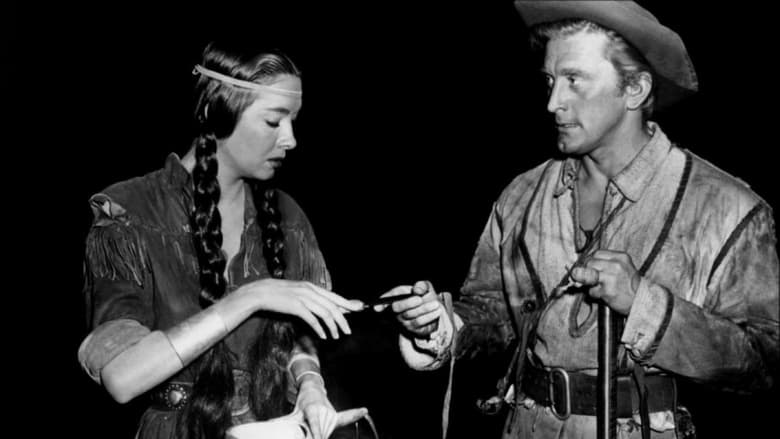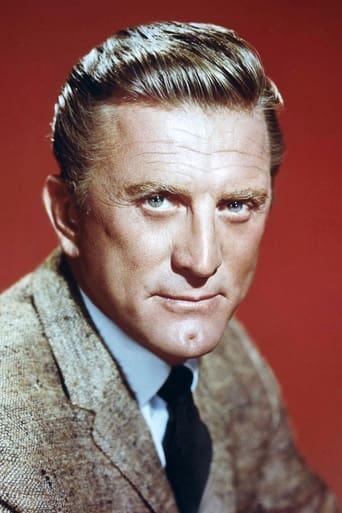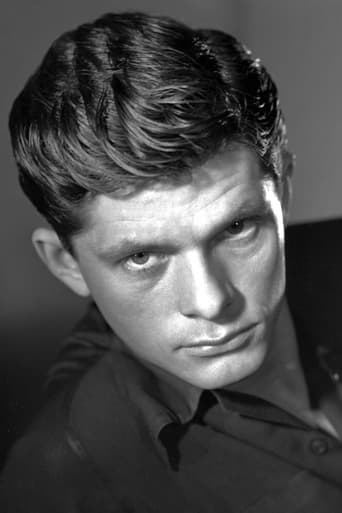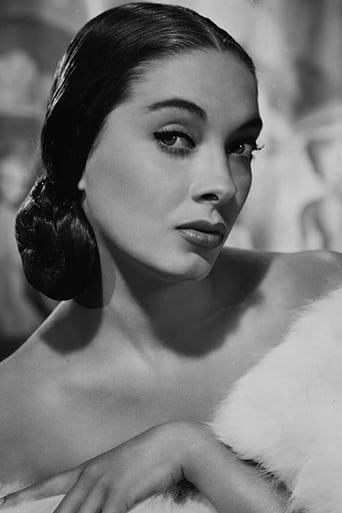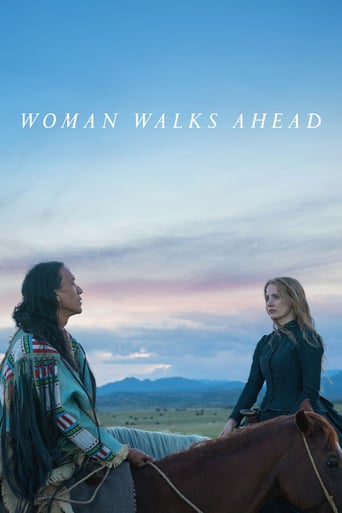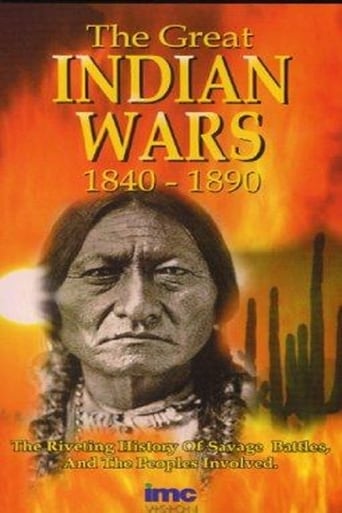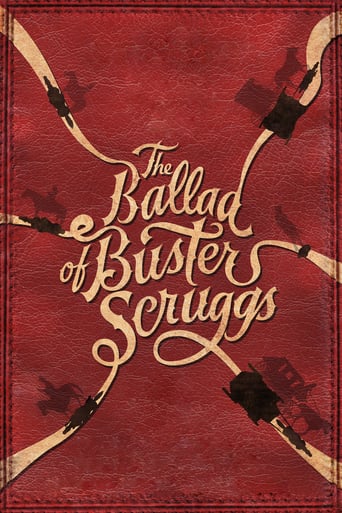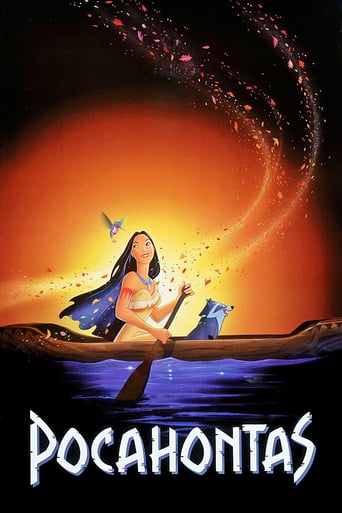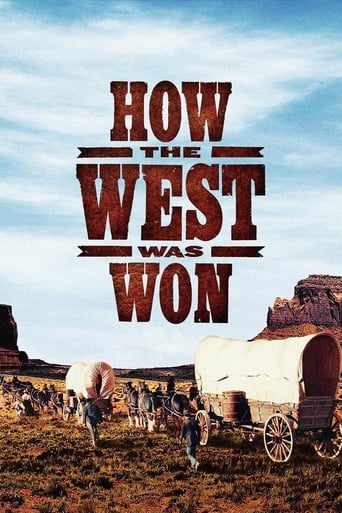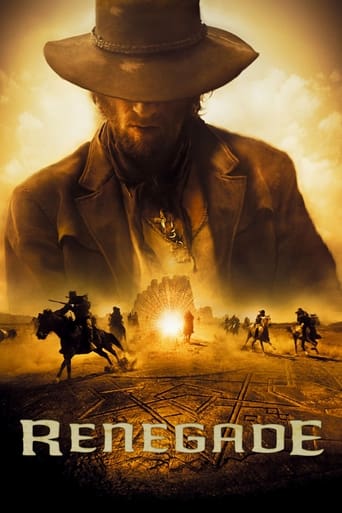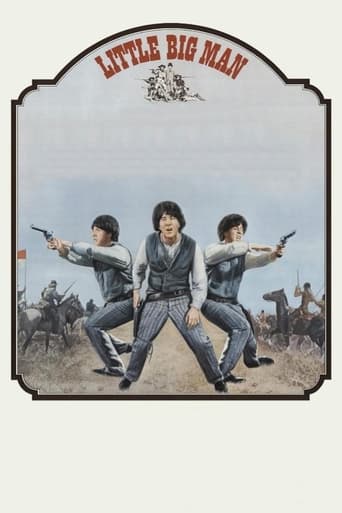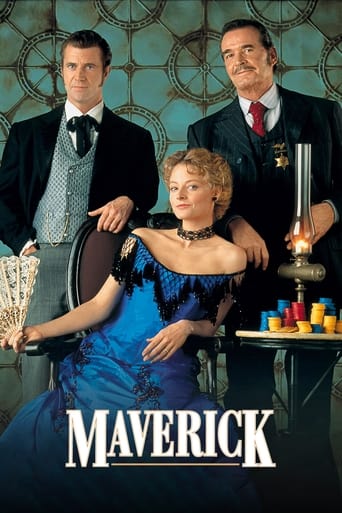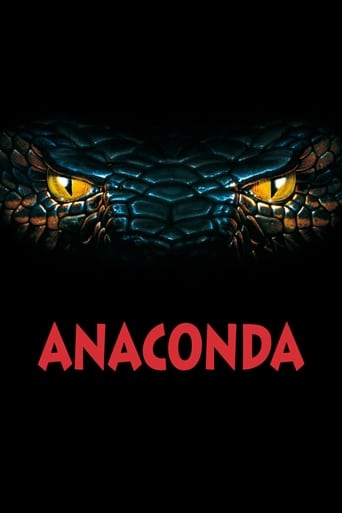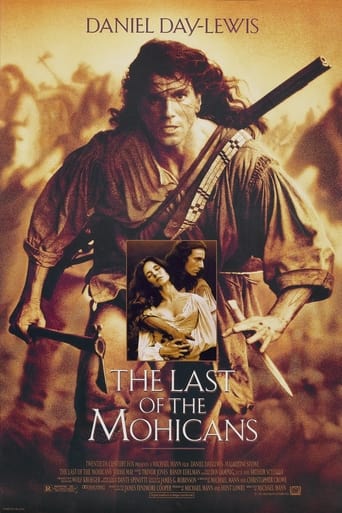The Big Sky (1952)
Two tough Kentucky mountaineers join a trading expedition from St. Louis up the Missouri River to trade whisky for furs with the Blackfoot Indians. They soon discover that there is much more than the elements to contend with.
Watch Trailer
Cast


Similar titles
Reviews
I like the storyline of this show,it attract me so much
Pretty Good
Powerful
best movie i've ever seen.
Produced and directed by Howard Hawks, based on the novel of the same name by A.B. Guthrie Jr. with a screenplay by Dudley Nichols, this above average, yet somewhat unusual Western is almost documentary- like in its storytelling, which is narrated by one of its main characters, Zeb Calloway (Arthur Hunnicutt, who earned his only Oscar nomination (Supporting Actor) for his dual role.It's about a Lewis & Clark-like trip from St. Louis to Montana via the Missouri River in 1832. The other lead characters are played by Kirk Douglas and Dewey Martin. Supporting roles are played by: Elizabeth Threatt, in her only screen appearance as an Indian princess; Hank Worden, who also plays a Blackfoot Indian, Steven Geray and Buddy Baer, who plays crew members on the boat, and Jim Davis, perhaps best known as Jock Ewing on the TV series Dallas, who plays a rival fur trading company employee. Iron Eyes Cody, recognizable from the "Keep America Beautiful" ads, appears uncredited as a Blackfoot sub-chief.Outdoors-men Jim Deakins (Douglas) and Boone Cardell (Martin) meet on their way to Louisville and, becoming fast friends, decide to go on to St. Louis together to meet up with Boone's uncle Zeb Calloway (Hunnicutt). After a scrap with the dominant trading company chief, Sam Eggelston (Fred Graham, uncredited), both land in jail where they find Calloway, who has a plan to travel 2,000 miles up the Missouri river into Montana to trade with the Blackfoot Indians. Louis MacMasters (Paul Frees, also uncredited and not seen until late in this 2+ hour film), owner of the aforementioned trading company, has an outpost which isn't quite as far up river since he's yet to strike any kind of trade agreement with the Blackfoot. Since Calloway has found a dislocated Blackfoot princess, Teal Eye (Threatt), he plans to return her to her tribe, using her as leverage to strike just such an arrangement. Frenchy (Geray) is the money man who finances the trip, paying for the necessary oar & pole boat and its crew; Romaine (Baer) is his strongman who manages its over-sized rudder.Once on their journey, they meet a straggler Blackfoot hunter named Poordevil (Worden), who helps them per his interest in their whiskey, and then for fellow Blackfoot Teal Eye. Their journey is interrupted by MacMasters's hirelings, which include Streak (Davis), per a blonde lock in his dark hair, and a normally docile tribe of Indians. Of course, Cardell and then Deakins must fight through injuries along the way and the two become involved in a love triangle of sorts with their passenger Teal Eye. Both Blackfoot Indians become valuable members of the group and its mission. While Poordevil, Deakins, Cardell, and Calloway hunt for food and stave off attacks by MacMasters's company, Frenchy, Romaine, and the rest of the crew pole and paddle their boat upriver.Despite its length, I found this drama to be compelling enough to watch without yearning for its end. However, the quality of the print I saw on TCM was uneven; perhaps the best quality footage was that which was filmed on location in the Grand Teton National Park in Wyoming, whereas the studio scenes seemed to be shot with film of lesser quality.
Overly long and deeply troubled film. One problem is that Kirk Douglas, the star, doesn't dominate here. In fact, he is over-shadowed by Dewey Martin and Arthur Hunnicutt, the latter winning a best supporting actor nomination for his part as the heavy-talking fur-trader in the film. One can only guess why Hunnicutt was nominated.The film recounts the meeting of the two men and their journey along with Hunnicutt up the Missouri River to trade with Indians for furs. If the Indians were so friendly as others have mentioned, why at first, did they feel that the young Indian girl that they had could serve as a hostage?There is bickering, there is Douglas and Martin both taking turns in either getting shot or stabbed. There are devious Americans to deal with, and the two guys of course falling for the Indian woman.The film becomes monotonous due to its length.
Although it only covers the first half of A. B. Guthrie's masterpiece novel of the same title---leaving out the very dark events of the second half---Howard Hawks' 1952 film version of THE BIG SKY is unique unto itself: it need not be compared with the novel, nor history itself. What it is, is an atmospheric impression of a keelboat voyage up the Missouri River of the 1830s into dangerous Blackfoot country. It is simply a beautifully lensed film: you can almost feel the river breezes on your face, the warm sun poking through the clouds, and the "skeeters" that pester Caudill, Calloway, Deakins and Poordevil as they scout the Jackson Hole wilderness. Don't look for probing examinations into human behavior here: most of the characters are surface-deep, and the story is really not all that remarkable. The costumes are little better than "ok" in terms of providing a credible idea of what was worn in those days, but of course the scholarship into this area is much more advanced now than it was in 1952, so the makers of the film can be forgiven. It's HOW Hawks tells and shows that story and its characters that makes this an unforgettable film. And the rivers, plains, forests and peaks of the American West have rarely been so lovingly "understood" on film as they are here. Other movies about trappers and mountain men, especially ACROSS THE WIDE MISSOURI and JEREMIAH JOHNSON, have moments that are wonderfully evocative of that era, but for me THE BIG SKY possesses the one scene that has never been bettered in terms of capturing the spirit of these men and their times. This occurs near the end, when Boone, Deakins, and Poordevil ride the crest of the bluff as they wave to the keelboat "Mandan" below. With the Grand Tetons looming magnificently behind them, and Dimitri Tiomkin's score lushly but understatedly highlighting the moment, the pure essence of those long-gone days is artfully, and beautifully conveyed. I first saw this film 45 years ago on television, and I never get tired of watching, and hearing, it. It has a certain magic that either touches you, or it doesn't. Fault-free it is not, but by the end of the voyage its virtues overwhelm those faults.
This is a movie that I try to watch whenever it is on but I am sad because there is so much that I don't like about it. First the positives... I love the haunting theme music that just seems so appropriate for this movie. I also like the story about a largely unknown time in western America and and I like the way it is presented as a story being told by the Arthur Hunnicutt character, the old mountain man Zeb Calloway. The narration is just perfect with Hunnicutt's folksy voice and because it mostly fills in the holes and keeps it all moving. And then there are the interesting characters of which I especially like the seemingly hapless Indian Poordevel played by Hank Worden. And now the things that bother me about the movie... I hate the fact that it is in black and white and moreover it seems dark and lifeless to me. All the wonder that could have been made of the magnificent scenery is lost. What a waste. Second, I generally dislike Kirk Douglas who always seems so over the top, so overbearing and obnoxious and unlikeable that I have difficulty watching any movie that he is in. (I've read that he was rather unlikeable and this aspect of his personality seems to show through in his roles.) In this one he is a frontiersman, Jim Deakins,who mainly plays against another frontiersman, Boone Caudill, played by the unknown actor Dewey Martin. Martin's personality is nonexistent with the result that the overpowering Douglas dominates every scene so the movie is mostly about the Douglas character and a lot of the other character development is not done sufficiently. For example we wonder why Poordevil is the way he is, a drunken Indian caricature yet reliable when he is needed. We also miss the fact until the very end that something is going on between the Indian woman Teal Eye whose character is totally undeveloped and the Martin character Boone Caudill. We really never get to know either of them so for me at least the ending came as a surprise. In fact, I'm not sure Teal Eye, who is played by Elizabeth Threatt, has a single line in this movie and Boone has little to say except in the scenes dominated by Douglas. Arthur Hunnicutt shines through all this but except as the story teller, his is a minor role. The clash with the trading company is predictable and the story ends well as we suspect it will since the narrator lived to tell about it. All and all, a very watchable movie that makes me crazy when I think about how good it could have been .

